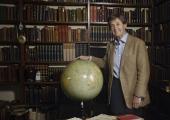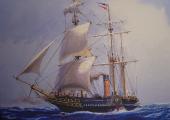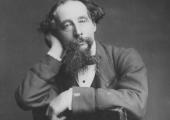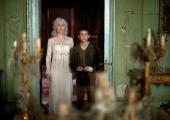theartsdesk Q&A: Russian Choreographer Boris Eifman

St Petersburg's creator of "psychological ballet" comes to the UK - prepared to face the critics
No choreographer so divides American and British critics as Russia's only international dancemaker, Boris Eifman. He's "an amazing magician of the theatre", according to the late, great US critic Clive Barnes. He "flaunts all the worst clichés of psycho-sexo-bio-dance-drama with casual pride," according to the masterly New York Times critic Alastair Macaulay. Both views come from Englishmen working in America, hence a contradictory weathervane as to how his ballets will be received in Britain on this tour.









